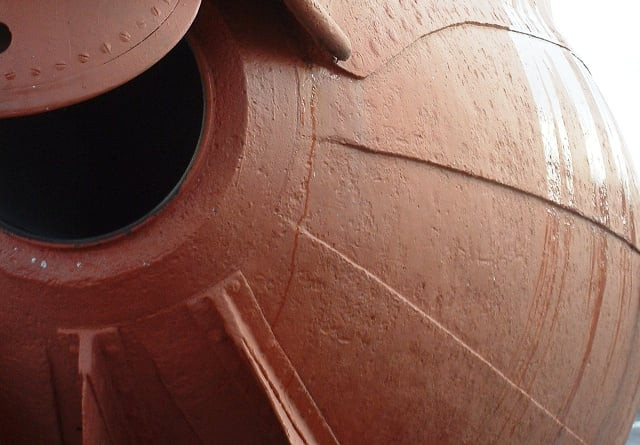
Russian officials said at the time that all nuclear weapons aboard the Yekaterinburg nuclear submarine had been unloaded well before a fire engulfed the 167-metre (550 feet) vessel and there had been no risk of a radiation leak.
But the respected Vlast weekly magazine quoted several sources in the Russian navy as saying that throughout the fire on Dec. 29 the submarine was carrying 16 R-29 intercontinental ballistic missiles, each armed with four nuclear warheads.
"Russia, for a day, was on the brink of the biggest catastrophe since the time of Chernobyl," Vlast reported. The 1986 disaster in modern-day Ukraine is regarded as the world's worst nuclear accident.
Neither the Russian Defence Ministry nor the office of Deputy Prime Minister Dmitry Rogozin, who has responsibility for military matters, would immediately comment on the report. A spokesman for the navy could not be contacted.
The fire started when welding sparks ignited wooden scaffolding around the 18,200-tonne submarine at the Roslyakovo docks, 1,500 km (900 miles) north of Moscow and one of the main shipyards used by Russia's northern fleet.
The rubber covering of the submarine then caught fire, sending flames and black smoke 10 metres (30 feet) above the stricken vessel. Firemen battled the blaze for a day and a night before partially sinking the submarine to douse the flames, according to media reports.
Vlast reported that immediately after the fire the Yekaterinburg sailed to the navy's weapons store, an unusual trip for a damaged submarine supposedly carrying no weapons and casting doubt on assurances that it was not armed.
"K-84 was in dock with rockets and torpedoes on board," the magazine said, adding that apart from the nuclear weapons the submarine was carrying torpedoes and mines as well as its two nuclear reactors.
The magazine said that if one of the torpedoes had exploded it could have threatened the nuclear missiles, leading to an extremely dangerous nuclear accident.
Media reports of what happened at the time of the fire were contradictory and foreign journalists were unable to gain access to the high security zone.
Russia's worst post-Soviet submarine disaster was in August 2000 when the nuclear submarine Kursk sank in the Barents Sea killing all 118 crewmen aboard.

















COMMENTS
Comments are moderated and generally will be posted if they are on-topic and not abusive.
For more information, please see our Comments FAQ